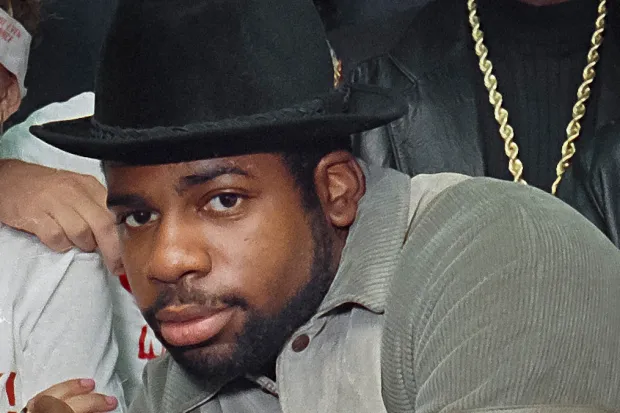In the ever-evolving realm of legal proceedings, recent developments in the Jam Master Jay murder trial have sparked both interest and debate. Commencing on [date], this trial has taken an unforeseen twist as rap lyrics are presented as evidence. This unprecedented use of artistic expression in a legal context raises vital questions about the convergence of music, culture, and the law.
Understanding the Background
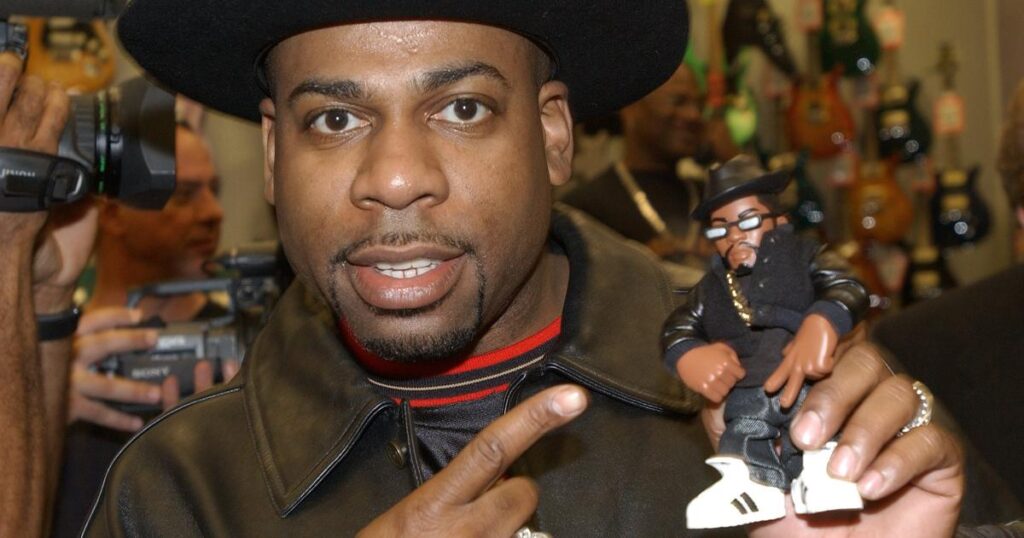
To comprehend the nuances of the trial, it is essential to delve into the backstory. Jam Master Jay, an influential figure in the hip-hop scene and a founding member of the renowned group Run-DMC, was tragically shot and killed in [year]. The circumstances surrounding his death remained mysterious for years until recent events led to the apprehension and trial of the alleged perpetrators.
Rap Lyrics as Legal Proof
One of the most significant aspects of the trial is the prosecution’s utilization of rap lyrics as evidence. The lyrics in question, authored by the accused, purportedly contain references and narratives aligning with the details of the crime. This has ignited a debate on the acceptability of creative works, such as song lyrics, as evidence in criminal cases.
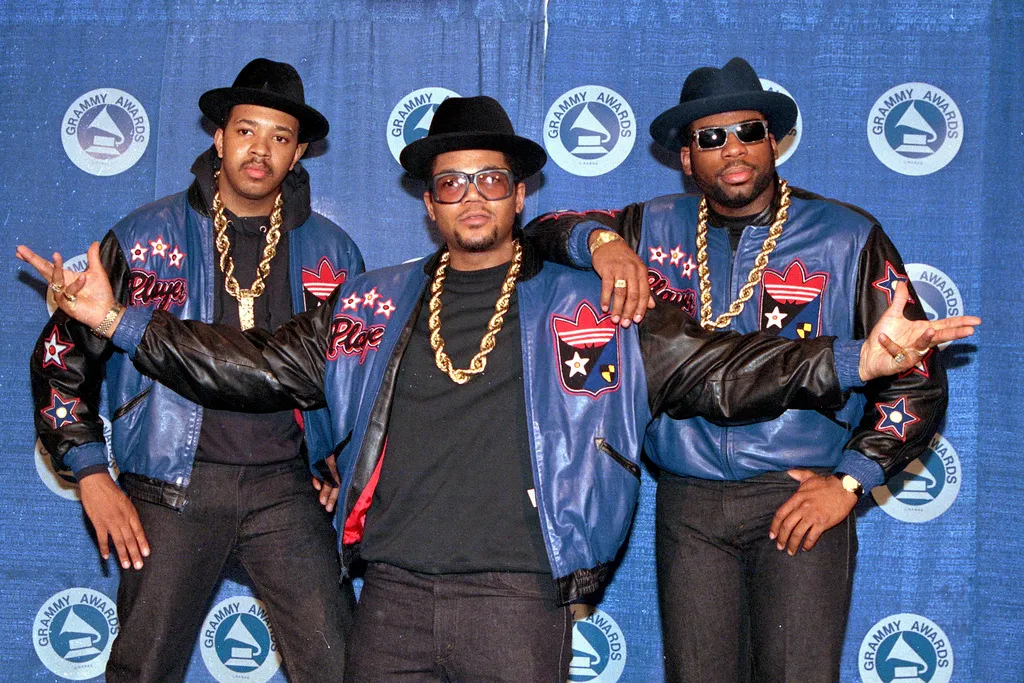
Critics argue that interpreting lyrics as direct confessions or evidence of criminal intent may be a slippery slope. They contend that artistic expression should be shielded as free speech and not subjected to legal scrutiny. Conversely, supporters of using rap lyrics as evidence assert that these writings can provide valuable insights into the mindset and motives of the artists.
Cultural Implications
Beyond the legal realm, the case has stimulated discussions about the broader cultural impact of hip-hop and its representation in legal contexts. Hip-hop has long served as a platform for artists to express their realities, struggles, and observations. Employing these expressions against the artists in a legal setting raises concerns about artistic freedom and the potential chilling effect on creative voices within the genre.
Also Read : Halle Bailey Addresses ‘Gaslighting’ Talk During Pregnancy – The Real Story
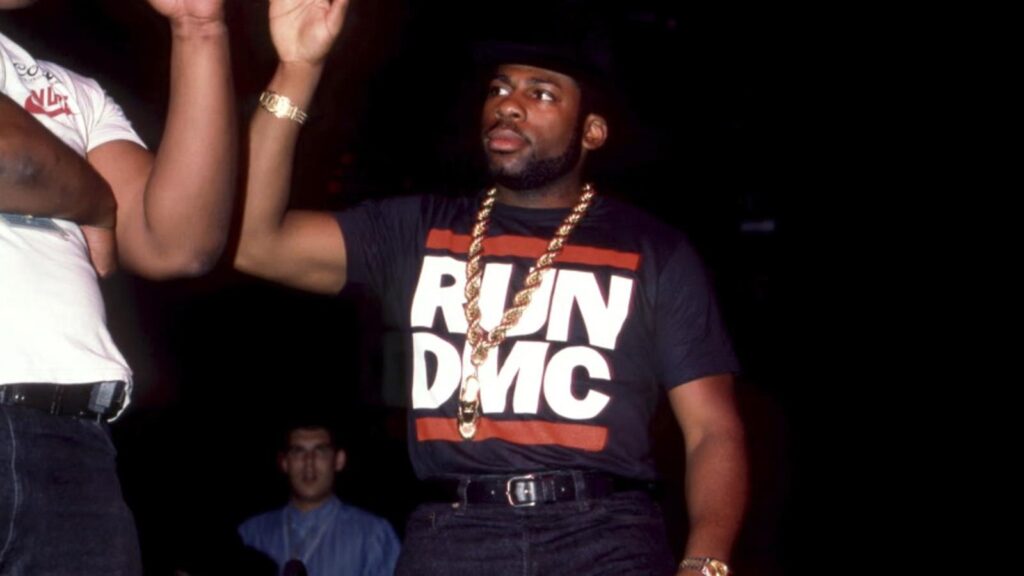
Navigating the Delicate Line
As the trial unfolds, it becomes evident that the intersection of art and law is a complex terrain. Navigating this delicate line requires a nuanced understanding of both the legal system and the cultural significance of creative works. The question arises: should the words crafted in a recording studio be treated as seriously as statements made outside the realm of artistic expression?
Broader Ramifications
This case holds broader implications for the music industry and artists across genres. If rap lyrics are deemed admissible as evidence, it sets a precedent that could extend beyond hip-hop, affecting how other forms of artistic expression are viewed within the legal framework. Artists may find themselves under increased scrutiny for their creative works, potentially altering the landscape of artistic expression.
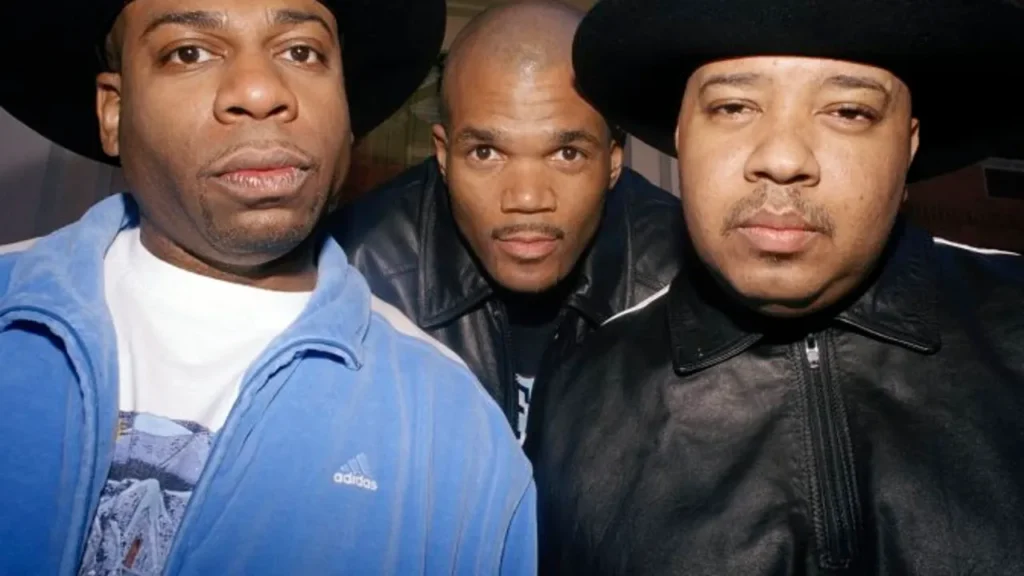
Jam Master Jay
The Jam Master Jay murder trial unfolds as a pivotal moment in the convergence of music, culture, and the law. The use of rap lyrics as evidence challenges traditional notions of artistic freedom and raises important questions about the boundaries between creative expression and legal implications. As the trial continues to capture public attention, its outcome may shape the future landscape for artists and the legal treatment of their craft. CLICK HERE
Also Read :
